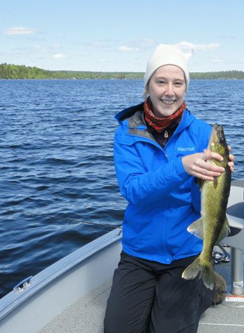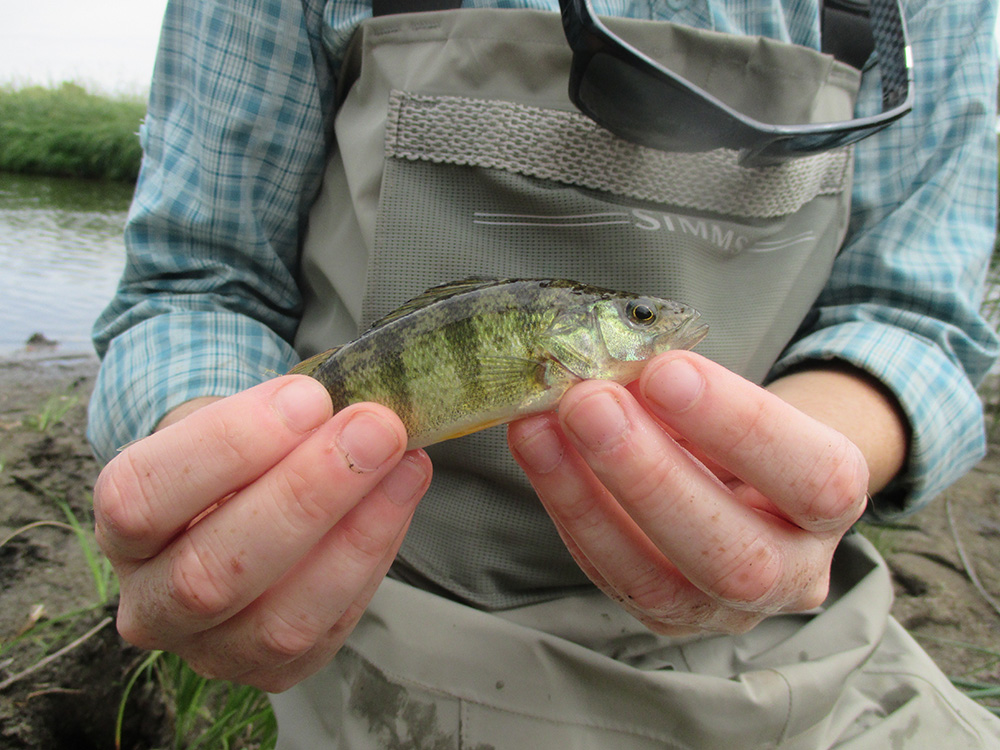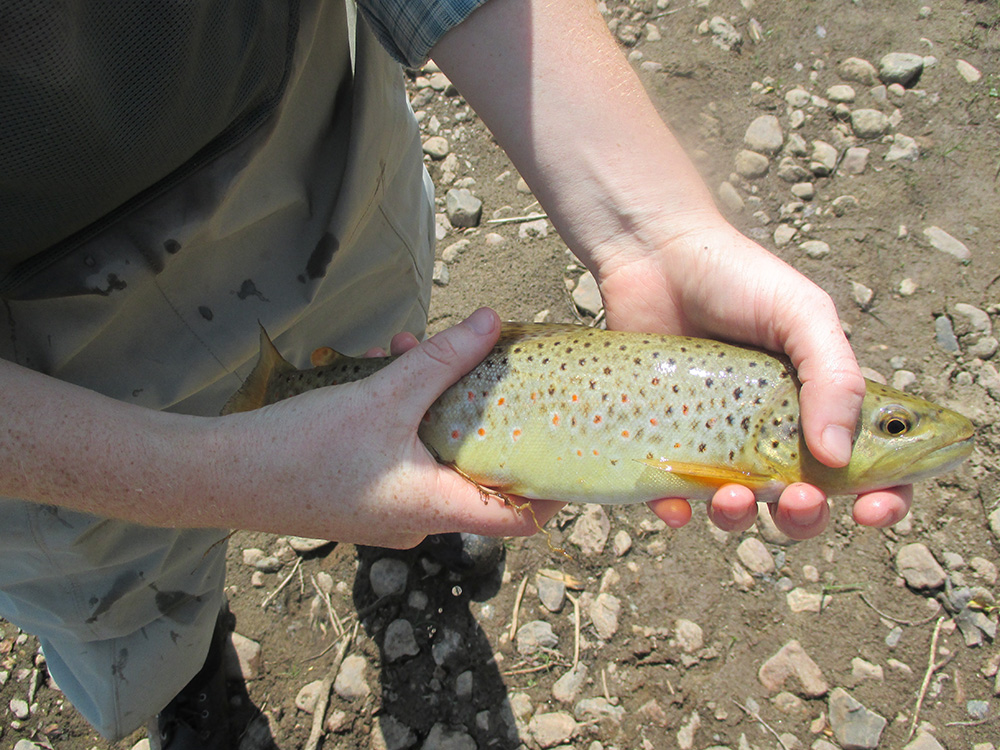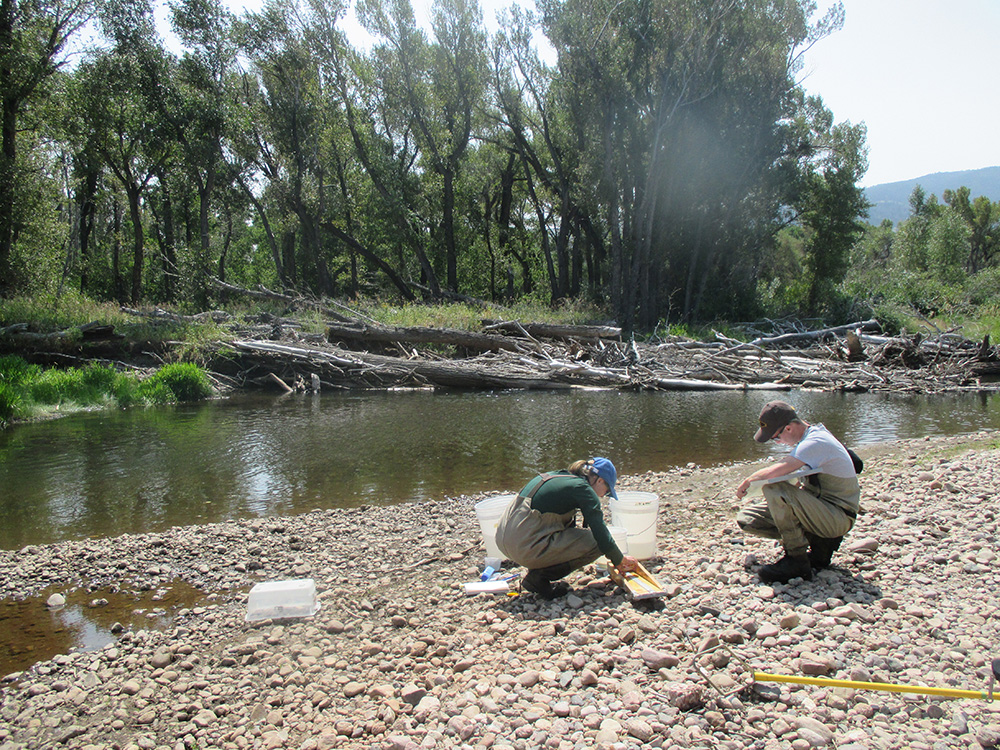Human activity has the potential to alter a stream’s natural thermal regime both through point source thermal effluent and through indirect alteration of a watershed, commonly seen with intensive grazing and flow diversion. Because this anthropogenic stream warming can be detrimental to the aquatic life found in surface waters, the Environmental Protection Agency mandates that states establish and enforce regulations relating to surface water temperature.
Wyoming, like all states, faces the challenge of establishing regulations which are detailed enough to protect a wide variety of aquatic life, but are at the same time streamlined enough to be effectively implemented with the available budget, technology, and scientific knowledge. The Wyoming Department of Environmental Quality is beginning an initial investigation into a potential revision of the existing temperature standards to incorporate advances in aquatic ecology and thermal monitoring technology.
We are investigating Wyoming fish species’ thermal needs and Wyoming surface water temperature regimes in order to provide a scientific background to the revisions process. Broadly, we hope to identify 1) the best way to classify fish into thermal guilds for management purposes (i.e. cold, cool, and warm water species), and 2) the thermal thresholds which would safely support these fish populations.
Contact
Caitlin Peterson, MS Student
Wyoming Cooperative Fish and Wildlife Research Unit
Dept 3166, 1000 E. University Ave
Laramie WY 82071
cpeter58@uwyo.edu
Annika Walters, Assistant Unit Leader
Fisheries / Assistant Professor
Wyoming Cooperative Fish & Wildlife Research Unit
Dept. 3166, 1000 E. University Avenue
Laramie, WY 82070
annika.walters@uwyo.edu
office: (307) 766 5473
Dr. Frank Rahel, Professor
Department of Zoology and Physiology
1000 E. University Ave
Laramie WY 82071
frahel@uwyo.edu
Project Lead
Caitlin Peterson: Caitlin is a M.S. student in the Walters lab working to evaluate and develop potential changes to the Wyoming surface water temperature regulations for aquatic life. MORE »

Timeline
2014-2015: Literature review and study design
Summer 2015: Field work in the Laramie River
2015-2016: Continue compilation of data from literature and data analysis
2016: Produce papers for publication
Funding & Partners
- Wyoming Department of Environmental Quality
- Zoology and Physiology Department, University of Wyoming






